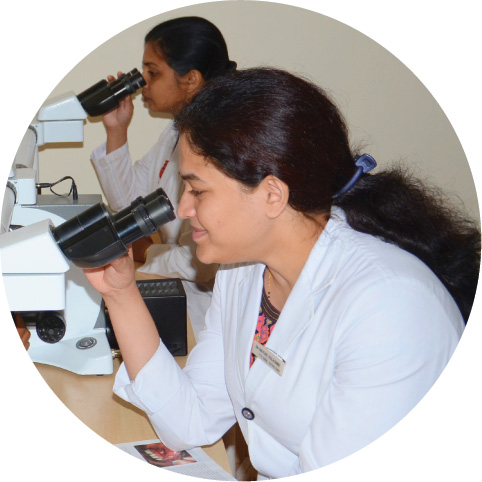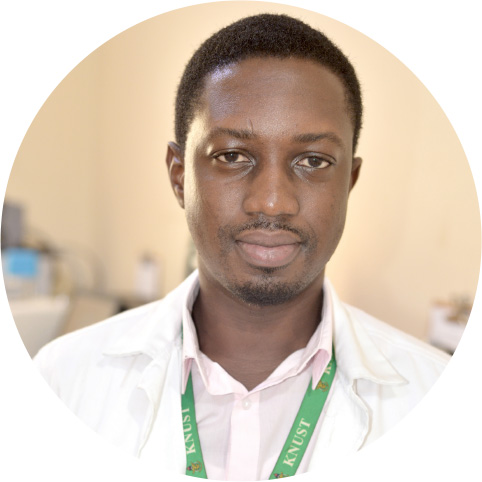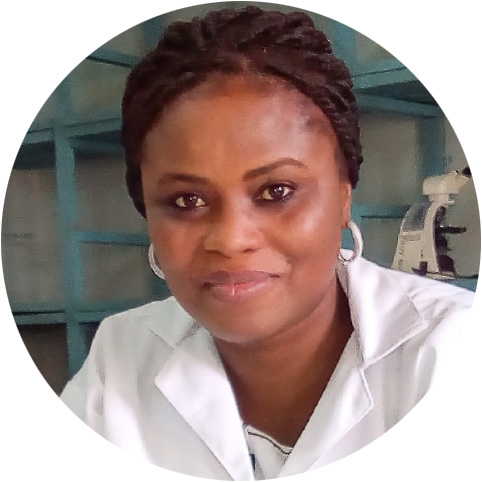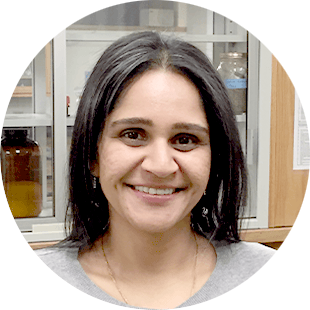
Fostering a network of scientific talent in developing countries
History has shaped a world where not everyone can equally access and benefit from science, but it doesn’t have to remain that way.
Scientific talent exists everywhere.
Passionate scientific leaders are working against the odds to solve the unmet challenges of their communities.
They are experts in fields like genomics, chemistry, and nanotechnology. If they couldn’t find the training they needed at home, many of them traveled abroad and then returned.
They are determined to use their skills to seek transformative solutions for agriculture, energy, environmental protection, economic well-being, and health.
Through our global search and vetting process, Seeding Labs finds these leaders so that we can give them the tools they need to turn their vision of the future into reality.



Awardee Profiles
Armenia
Institute of Molecular Biology
Benin
Universite d’Abomey-Calavi
- Department of Human Biology
- School of Plant Sciences
Cameroon
Université de Dschang
Colombia
Universidad Pontificia Bolivariana
Dominican Republic
Universidad Iberoamericana
Ecuador
Pontificia Universidad Católica del Ecuador
Eswatini
University of Eswatini
Ethiopia
Addis Ababa University
Ghana
Ashesi University
Garden City University College
Kwame Nkrumah University of Science and Technology
- Department of Food Science and Technology
- Department of Pharmaceutical Chemistry
University of Energy and Natural Resources
University of Ghana
University of Mines and Technology
India
Maratha Mandal’s NGH Institute of Dental Sciences & Research Centre
Jamaica
University of the West Indies, Mona
Kenya
Moi University
Rongo University
University of Eldoret
Malawi
Malawi University of Science and Technology
Nigeria
Afe Babalola University
University of Benin
University of Ibadan
University of Lagos
University of Medical Sciences, Ondo
Peru
Universidad Peruana Cayetano Heredia
South Africa
University of KwaZulu-Natal
Tanzania
Sokoine University of Agriculture
Vietnam
Nong Lam University
Zimbabwe
Midlands State University
University of Zimbabwe









